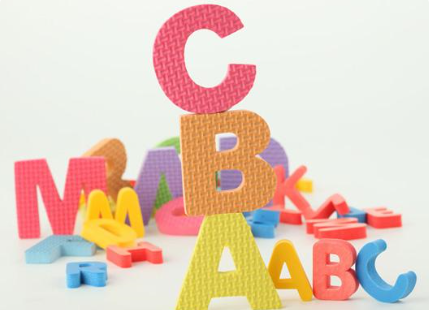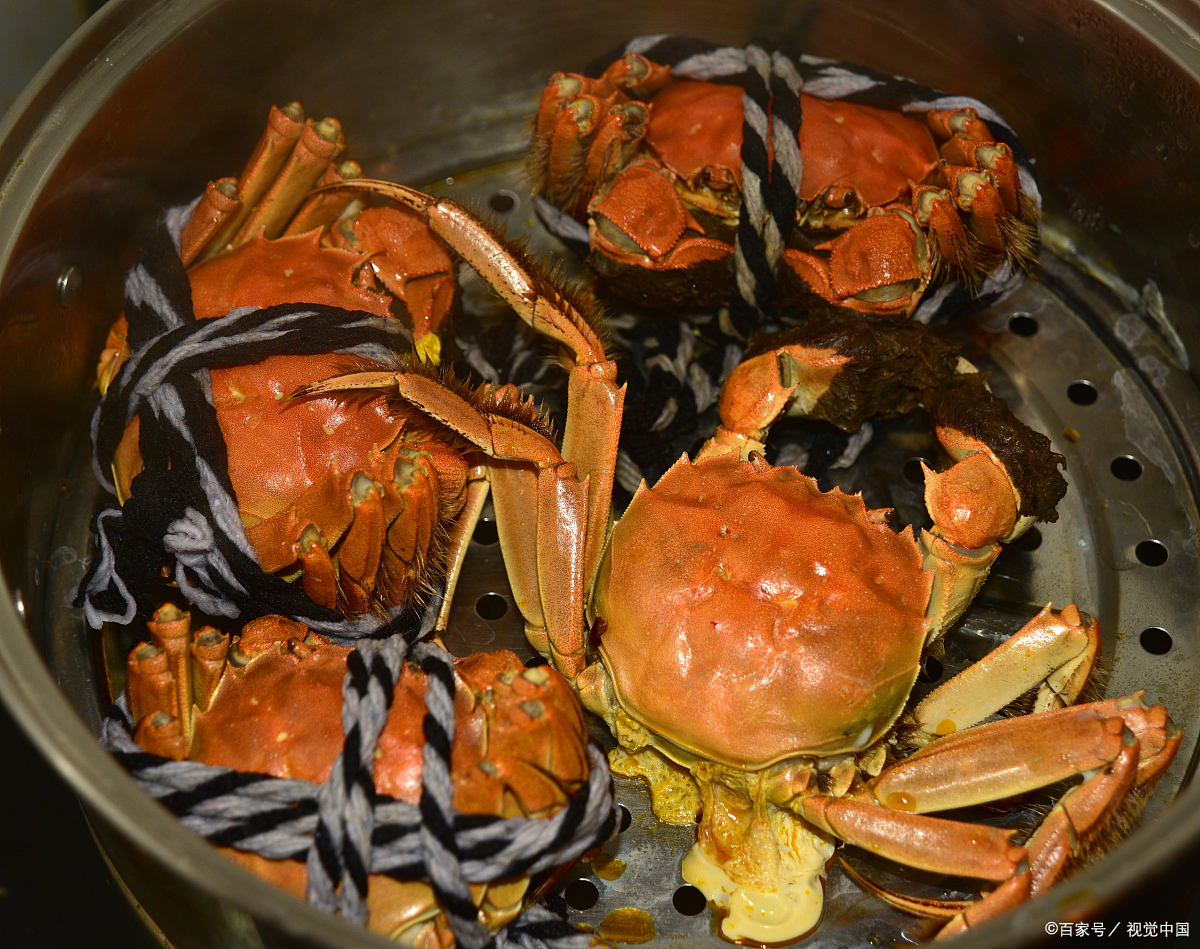distinct distinctive distinguish 有什么区别
的有关信息介绍如下:1、distinct 是形容词,它的意思是明显的,清楚的; 卓越的,不寻常的; 有区别的; 确切的。
distinctive也是形容词,但通常指什么东西很有特色的、与众不同的、是独特的。
而distinguish 却是会作为动词在使用,它的意思是辨别,分清; 辨别出,识别; 引人注目,有别于; 使杰出,使著名。
2、distinct作为有区别的;不同的;个别的意思时,常和from搭配“...be distinct from...”
If something is distinct from something else of the same type, it is different or separate from it.
如果某物与同一类型的其他东西不同,它就与它不同或有别与它。
Engineering and technology are disciplines distinct from one another and from science...
工程和技术是相互区别的学科,也不同于科学。
3、distinctive常常作“独特的”解释,即区别于别的事物,而拥有自己独特的风格。
They are part of what makes the BBC distinctive.
它们是BBC与众不同之处的一部分。
Their products are sufficiently well characterized to be distinctive.
他们的产品很有特色。
4、distinguish 常作为动词使用。
We could distinguish the path only by the flashes of lightning.
我们只能靠闪电的光才能看得见路。
The twins are so much alike that you could scarcely distinguish them.
这一对孪生子长得一模一样,你很难识别他们。

扩展资料
1、【用法】:
Could he distinguish right from wrong? 他能分辨是非吗?
作“分辨、区分”时使用
Over the next few years he distinguished himself as a leading constitutional scholar.
在接下来的几年里,他作为一名宪法研究领域最杰出的学者而声名远扬。
作“使杰出、使著名”时使用
2、英语词根词缀记忆 ... distinguish 区别;辩出
distinguished 著名的,卓越的(区别→与众不同→著名的).
distinguish [from]区别,辨别;辨认出;使杰出
dis分开+sting刺,刺激+uish=ish表动词→把刺拿开→区别
extinguish 熄灭;消灭;结束;压制;使黯然失色;偿清
ex出+sting引申为火焰+uish→灭火
参考资料:百度百科—distinguish



